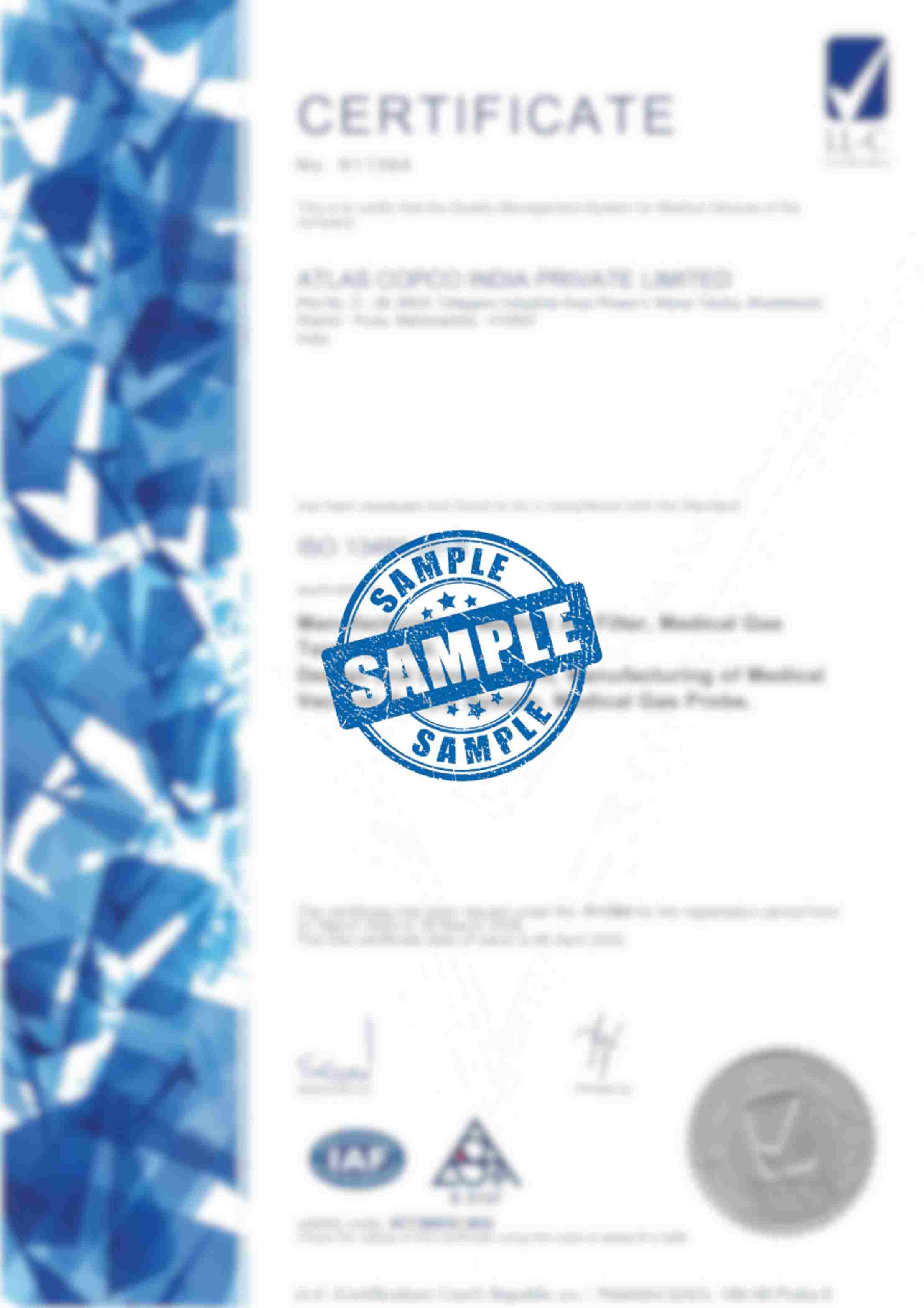- Home
- About Us
-
Services
- Quality Management Certifications
- Product Certification
-
Trainings
- ISO 9001:2015 Certification Training
- ISO 13485:2016 Certification Training
- ISO 14001:2015 Certification Training
- ISO 45001:2018 Certification Training
- ISO 27001 Certification Training
- ISO 22000:2018 Certification Training
- Guidance on Clean Room Validation
- Guidance on USFDA, WHO & GMP
- Risk Analysis as per EN ISO 14971:2012
-
Other Services
- RoHS (Restriction On Hazardous Substance) Certification
- FDA Laisoning / USFDA
- 510K Approval
- Drug Dossier Preparation
- GMP Implementation & Monitoring
- Process Validation
- Biocompatibility Testing
- Electrical Safety Testing (From NABL Accredited Lab)
- EMI / EMC Testing (From NABL Accredited Lab)
- MHRA Registration
- Free Sale Certification (From Europe)
- European Authorized Representative (EAR)
- Testing
- Clients
- Gallery
- Contact Us



